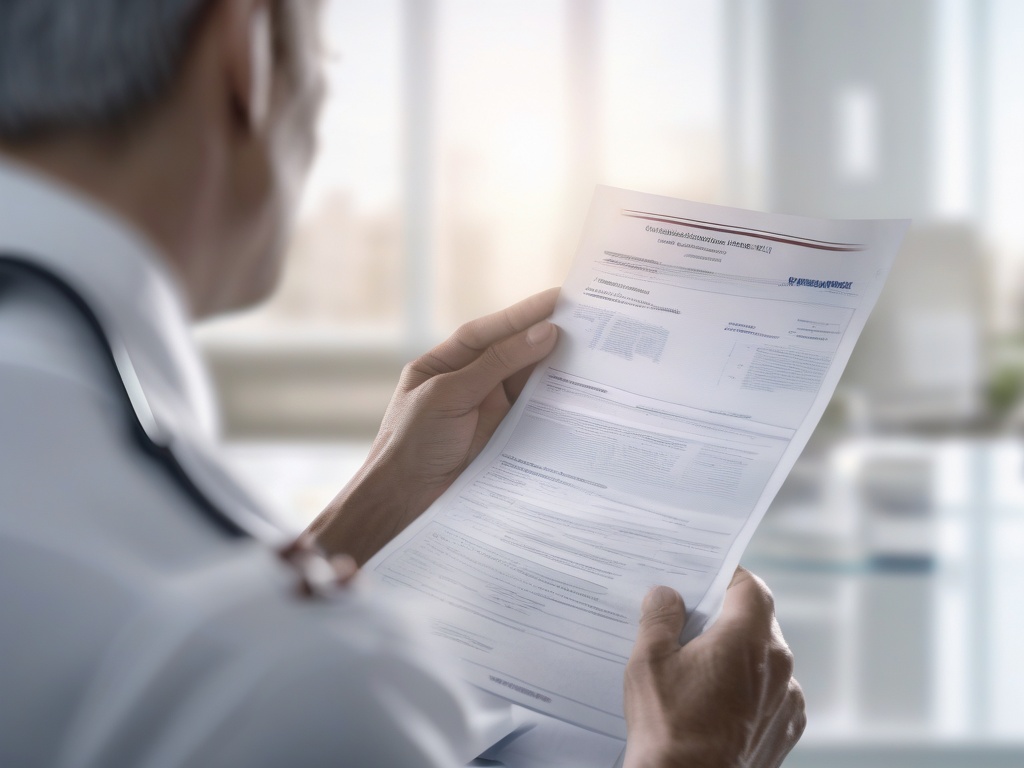
Unveiling the Hidden Factors That Dictate Your Whiplash Compensation Potential
Understanding the Complexity Behind Whiplash Settlements
When it comes to claiming compensation for whiplash injuries, many assume that the amount hinges solely on the severity of pain or medical bills. However, the reality is far more nuanced. Insurance companies and legal systems evaluate a multitude of hidden factors that can significantly influence the final payout. These elements extend beyond the obvious to include aspects such as the circumstances of the accident, the quality of medical documentation, and even the jurisdiction where the claim is filed. Being aware of these factors empowers claimants to better navigate their cases and potentially maximize their compensation.
Deciphering the Key Factors That Impact Your Claim’s Value
One of the most critical yet often overlooked influences on the worth of a whiplash claim is the clear establishment of fault. If you can demonstrate that the other party was entirely negligent, your chances of securing a higher settlement increase. Conversely, if liability is contested or unclear, your claim’s value could diminish. Additionally, the extent of your injuries and how they impact your daily life and earning capacity are pivotal. Medical evidence, such as detailed reports and expert testimonies, serve as the backbone of your case, validating the severity of your injury and justifying a larger payout. Moreover, the local laws and insurance policies play a decisive role, as different regions have varying thresholds for damages and compensation caps. Understanding these intricacies can help you gauge your true claim potential and avoid underestimating your rightful compensation.
The Ultimate Guide to Maximizing Your Whiplash Injury Settlement: What You’re Owed
When navigating the complex landscape of personal injury claims, understanding how to maximize your settlement for a whiplash injury is essential. Many victims underestimate their potential compensation, often due to misconceptions about what factors truly influence the final amount. To ensure you receive what you are rightfully owed, you must delve into the nuances that can significantly impact your claim’s value. This guide aims to illuminate the strategic steps and considerations that can elevate your case from average to optimal.
Leveraging Medical Evidence to Your Advantage
One of the most critical elements in maximizing your settlement is the strength of your medical documentation. Detailed, comprehensive reports from healthcare providers that outline the extent of your injuries, the treatment timeline, and the ongoing impact on your daily life are invaluable. Expert testimonies can also bolster your claim, especially when explaining the long-term effects or chronic symptoms associated with whiplash. Remember, insurance companies scrutinize medical records intensely; presenting clear, consistent, and compelling evidence can sway negotiations in your favor. Ensuring that your medical records reflect the full scope of your suffering is a foundational step toward securing a fair settlement.
Strategic Legal and Negotiation Tactics for Optimal Compensation
Beyond medical evidence, your approach to legal representation and negotiation can make a substantial difference. Skilled attorneys understand the intricacies of local laws, insurance policies, and precedent cases—knowledge that can be leveraged to your advantage. They can identify opportunities to demonstrate negligence more convincingly, gather additional evidence such as accident reconstructions or witness testimonies, and push for higher damages when justified. Effective negotiation involves not only presenting a compelling case but also knowing when to stand firm and when to accept reasonable offers. Employing a strategic, informed approach can dramatically increase your chances of securing a settlement that truly reflects the severity of your injuries and your losses.
Decoding the True Value of Your Whiplash Claim: Insider Secrets to Fair Compensation
Understanding the real worth of your whiplash claim requires more than just assessing immediate medical bills or pain levels. Many claimants overlook the intricate details that influence settlement amounts, such as legal nuances, the strength of evidence, and jurisdictional limits. To truly decode your case’s potential, you must look beyond surface-level factors and delve into the subtleties that insurance companies and courts evaluate behind closed doors. This involves analyzing the quality of your medical documentation, the clarity of liability, and how local laws govern damages. Recognizing these hidden layers can empower you to craft a compelling case that demands fair compensation, rather than settling for less than what you deserve.
Unveiling the Hidden Components That Determine Your Claim’s Value
The core of your claim’s worth lies in the ability to demonstrate the full scope of your injuries and their impact on your life. This goes far beyond initial pain reports; comprehensive medical evidence that details ongoing symptoms, treatment history, and long-term effects significantly bolster your position. Equally important is establishing clear fault. If you can convincingly prove that the other party’s negligence caused your injuries, the likelihood of a higher settlement increases. Conversely, if liability is ambiguous or contested, your claim’s value might be severely limited. Jurisdictional factors also play a crucial role—some regions impose caps on damages, while others have more generous compensation thresholds. By understanding these components and how they interact, you can better gauge what your claim is truly worth and avoid settling prematurely or undervaluing your damages.
Strategies for Unlocking Maximum Compensation Through Evidence and Negotiation
Achieving a fair and maximized settlement hinges on your ability to harness compelling evidence and employ strategic negotiation tactics. The strength of your medical records, including detailed diagnostic reports and expert opinions, can tip the scales in your favor, providing irrefutable proof of your injury severity. Supplementing this with eyewitness accounts, accident reconstructions, and thorough documentation of your daily struggles enhances your case’s credibility. When it comes to negotiation, partnering with experienced legal counsel is essential—attorneys skilled in personal injury law understand how to leverage the law, interpret insurance policies, and push for the highest possible damages. They also recognize when to stand firm and when to accept reasonable offers, ensuring you do not settle for less than your injuries warrant. Ultimately, a strategic combination of robust evidence and savvy negotiation can unlock the true potential of your claim, securing the compensation you need for your recovery and future well-being.
